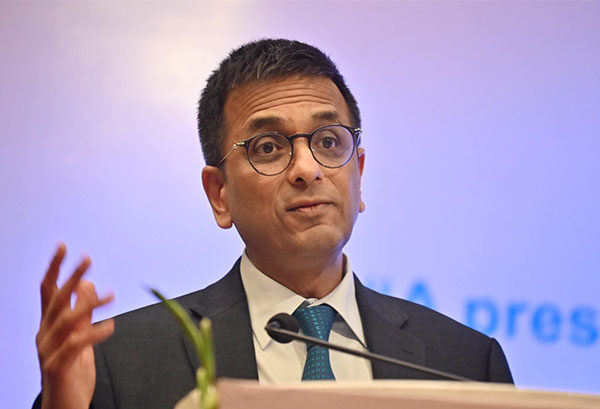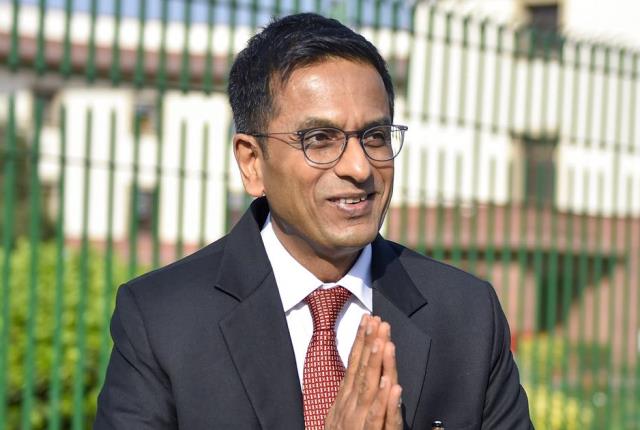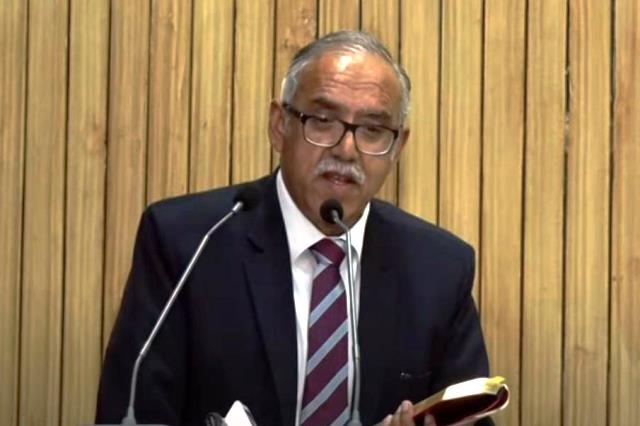Former Supreme Court judge Justice Deepak Gupta on Saturday said that judges should not be given any post-retirement benefits because there would not be an independent judiciary if it continues.
“There should not be any post-retirement benefits. We cannot have an independent judiciary with such benefits,” Justice Gupta said while addressing a seminar on judicial appointments and reforms.
Speaking about the need for independent judges, he said that these judges would have the spine to stand up for themselves and be true to the Constitution.
Recently, the appointment of former Supreme Court judge Justice S Abdul Nazeer as the Governor of Andhra Pradesh, within 40 days of his retirement from the top court courted a political row.
Justice Nazeer was part of the five-judge bench that decided the disputed Ram Janmabhoomi case in November 2019 handing over the Ayodhya land to the Hindu party. Justice Nazeer was the lone Muslim face on the Ayodhya bench presided over by then Chief Justice of India (CJI) Ranjan Gogoi.
Justice Gupta also expressed his strong view that there should be a common retirement age for the judges of the Supreme Court and the High Court.
Justice Gupta also mentioned overheard things, however, he clarified that he had not verified the facts that it takes normally 100 days for the government to approve the recommendation made by Collegium but the government took a long time to clear the names of recommended Judges, belonging to minority communities.
Terming these facts as a dangerous trend he presumed that if it will follow then they [Judges] will never become Senior Judges, Chief Justices and never reach the Supreme Court.
Former Delhi High Court Chief Justice Ajit Prakash Shah, however, suggested a judicial commission-like system for the selection of judges and mentioned that there are many existing problems with the collegium system.
He pointed out that the Collegium system creates a democratic deficit and the idea of judges appointing judges does not behove a democratic setup.
Justice Shah shared his experience and said that the collegium distracts judges from their principal work of adjudication and they don’t have proper time to investigate selected candidates.
Justice Shah mentioned the appointment of Victoria Gowri as Madras HC judge as an example of the situation when the process collapses citing her alleged controversial speech.
Justice Shah called for the collegium to operate without bias, which reinforces other characteristics like nepotism and favouritism.
He highlighted that many judges are related to former judges and many are from the upper caste and the middle class.
However, he also expressed his disagreement with the government’s suggestion that the Law Minister can be a part of the collegium discussion and said that it will be dangerous.
Justice Shah said that the government suggesting the names are not only about favouring someone but someone close to their ideology.
He suggested making the system transparent and said the most important part is of publication of names and recording of minutes of meetings of the collegium among others. (ANI)
Read More:https://lokmarg.com/


